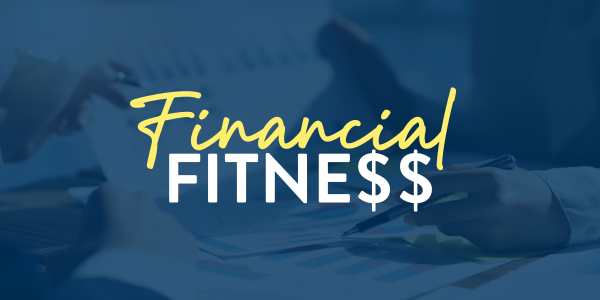
Condominium properties can offer many benefits for first-time homeowners. They can often be more affordable and require less maintenance than traditional single-family homes. If you are considering buying a condo, make sure and ask these seven questions first.
.jpg?width=500&name=buying%20a%20condo%20(1).jpg) 1. Can the condo be warrantable?
1. Can the condo be warrantable?
If you are looking to buy a condo, you’ll want to know if it is warrantable or non-warrantable. Warrantable condos meet Fannie Mae’s and Freddie Mac’s guidelines and Fannie Mae and Freddie Mac will buy the loan. Non-warrantable condos are sometimes considered more risky by banks and may be more difficult to finance. A condo meets the warrantable guidelines if:
- At least 51% of the units are owner-occupied
- No single entity owns more than 10% of the units
- Fewer than 15% of the units have past due association fees
- There is no litigation in which the homeowner’s association (HOA) is named
- Commercial space accounts for 25% or less of the total building square footage
2. Monthly Association Fees
When you purchase a condo, you are obligated to join the homeowner’s association (HOA) for that unit and pay monthly or annual fees for the upkeep and maintenance of the property. HOA fees can vary and are typically dependent on how many amenities the property offers. Fees can also increase at any time. Make sure you know what the current fees are as well as how fee increases are set, how frequent fee increases occur and what the monthly fees cover.
3. Are there pending legal issues?
If the property you’re looking at is in the middle of legal trouble, then you should know how that will impact you. Some lenders won’t lend on a property that is in the middle of litigation against the homeowner’s association. This will depend on the specific type of lawsuit and the charges. Lenders could be concerned that a large settlement will force the HOA into bankruptcy.
4. What is the percentage of owners vs. renters?
Look at the number of residents in the condominium property who are owners versus renters. Too many renters in a unit could mean less upkeep and maintaining rules since renters don’t have a personal stake in the property. Owners are more likely to adhere to condo rules such as noise levels and keeping up amenities.
5. How is their reserve fund?
Your HOA fees go toward ongoing costs such as landscaping and repairs, as well as into a reserve fund for long-term expenses. If a large expense comes up and there isn’t enough money in the reserve fund to cover it, condo owners may be required to pay a special assessment, where they fork over additional funding to help pay for the project. Most condominium associations should be setting aside 15% to 40% of their assessments toward Reserves.
6. What does the condo Insurance cover?
In condos, your HOA has a master insurance policy that covers many risks in the general building. Some HOA policies cover property damage, improvements to the unit and injuries of guests. Condo owners will also want to get their own insurance to cover personal property and risks the HOA policy doesn’t cover. Make sure you know what is included in the HOA policy so you can plan accordingly.
7. Do you like the community and community rules?
When you are looking to buy any piece of property, you will want to make sure you like the neighborhood and the overall feel of the community. With a condo, there is even more to consider in this area. You will be subject to the HOA’s CC&R’s, which is a set list of rules that all residents must adhere to. Research these rules and ensure they are things you and your family can live with.
Deciding to purchase your first home is a big step and can seem overwhelming. Whether you are looking to buy a single-family home, condominium or other property, our loan advisors can help. We can help you start the home buying process so you can get started in the right direction. Talk to one of our advisors today to get started.








